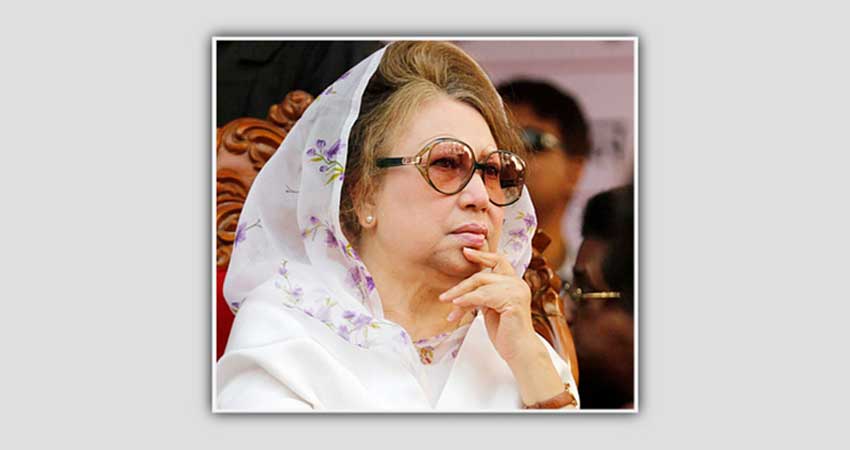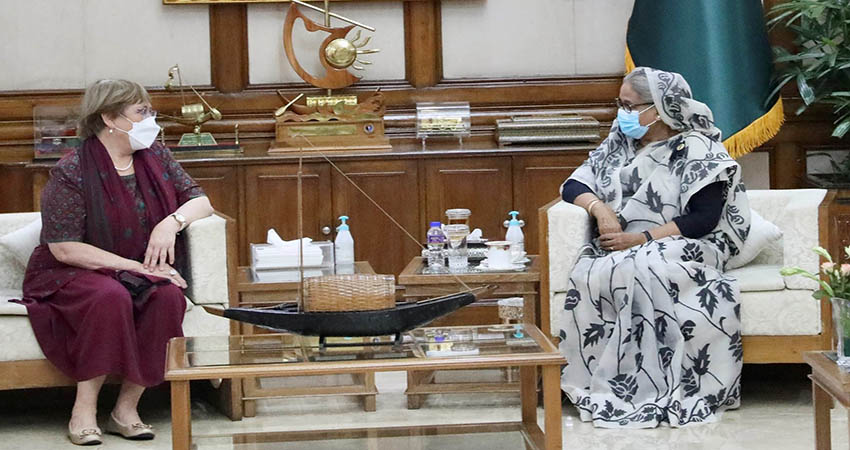BNP Chairperson Khaleda Zia will have to go back to jail and then apply to the court if she wishes to seek medical treatment abroad, law ministry sources told different media outlets.
Earlier this afternoon, Law Minister Anisul Haque told journalists that Khaleda Zia's medical application, initially sent to the Ministry of Home Affairs, is currently under review by a joint secretary at the Ministry of Law.
"The office opened today after a three-day holiday. As far as I know, after Khaleda Zia's medical application came to the Ministry of Home Affairs, the file is with a joint secretary of the Ministry of Law. I will go to the office and see the file and give my opinion by today.
"However, there is no room for deviation from the legal framework," he added while speaking after a programme at the Judicial Administration and Training Institute in the capital on Sunday (1 October).
Earlier on 25 September, Khaleda Zia's younger brother, Shamim Iskandar, met with Home Minister Asaduzzaman Khan Kamal and requested overseas treatment for the ailing former prime minister of the country. The Ministry of Home Affairs subsequently forwarded the application to the Ministry of Law for an opinion.
Prime Minister Sheikh Hasina, addressing the matter, noted that for Khaleda Zia to go abroad, she must first serve a jail term and then apply to the court.
In an interview with the Voice of America, released on Saturday (30 September), in Washington, DC, the prime minister emphasised that the BNP chief would need to return to jail and follow the legal process, including appealing to the court, for permission to travel abroad.
Law Minister Anisul Haque supported the Prime Minister's stance, stating, "The prime minister's statement reflects the rule of law. I think it is the right way to go."
He clarified that a preceding executive order, which had halted Khaleda Zia's sentence under Section 401 of the Code of Criminal Procedure (CrPC), is now a closed matter with no available legal option for reopening.
"All the work of the country must adhere to the law. Departing from legal procedures sets a negative precedent. Even if one travels abroad under an executive order, that order must follow a legal process. There can be no exception to this," commented the law minister.



















